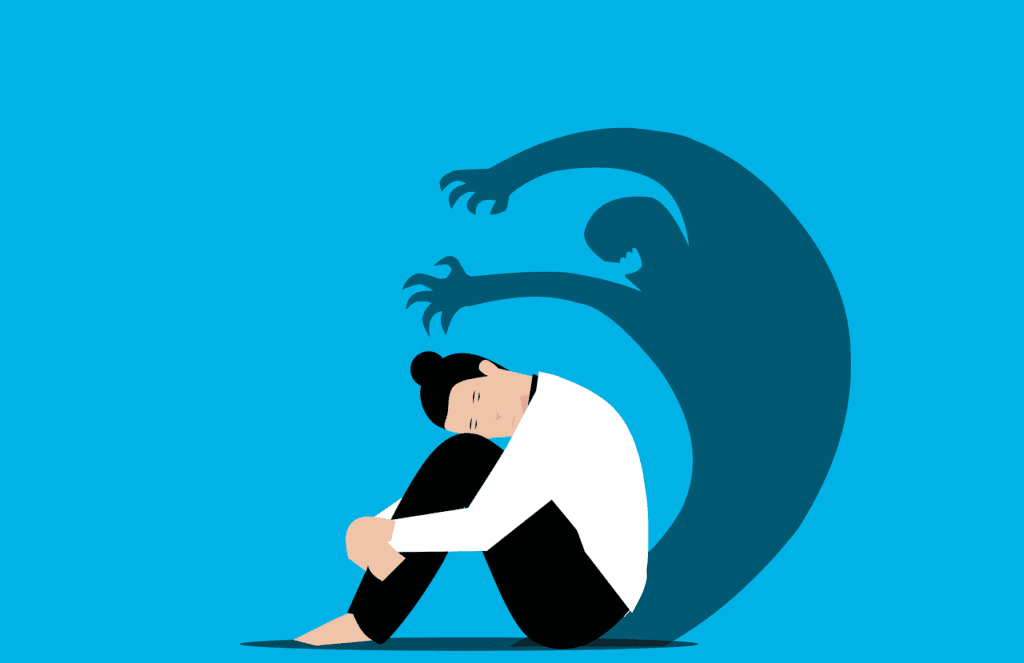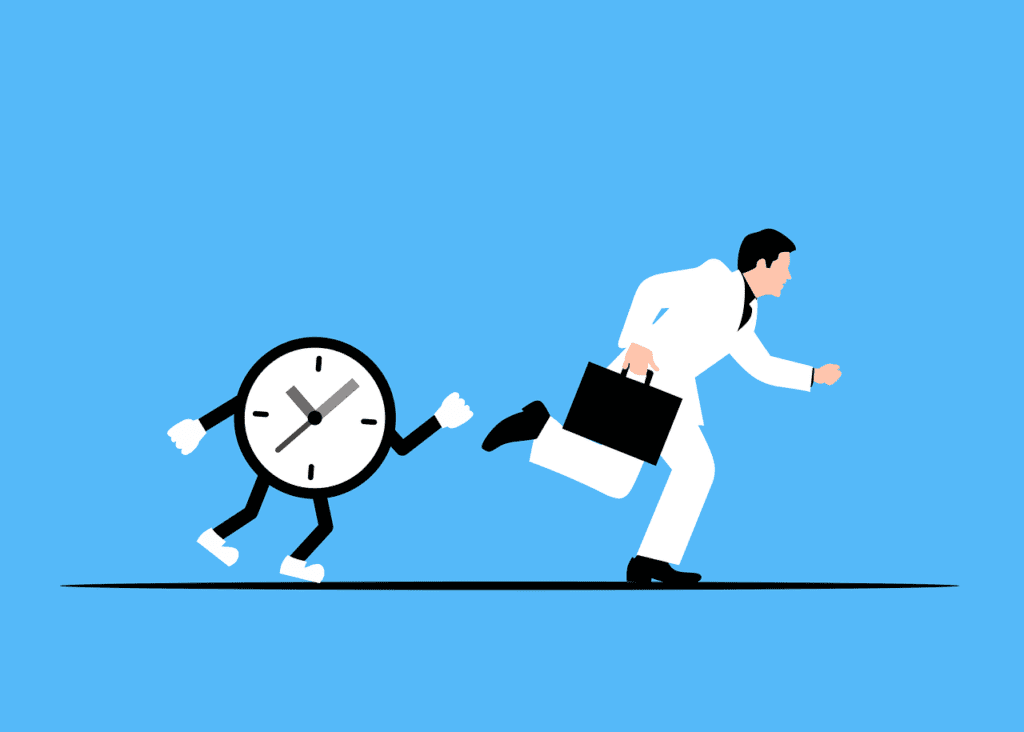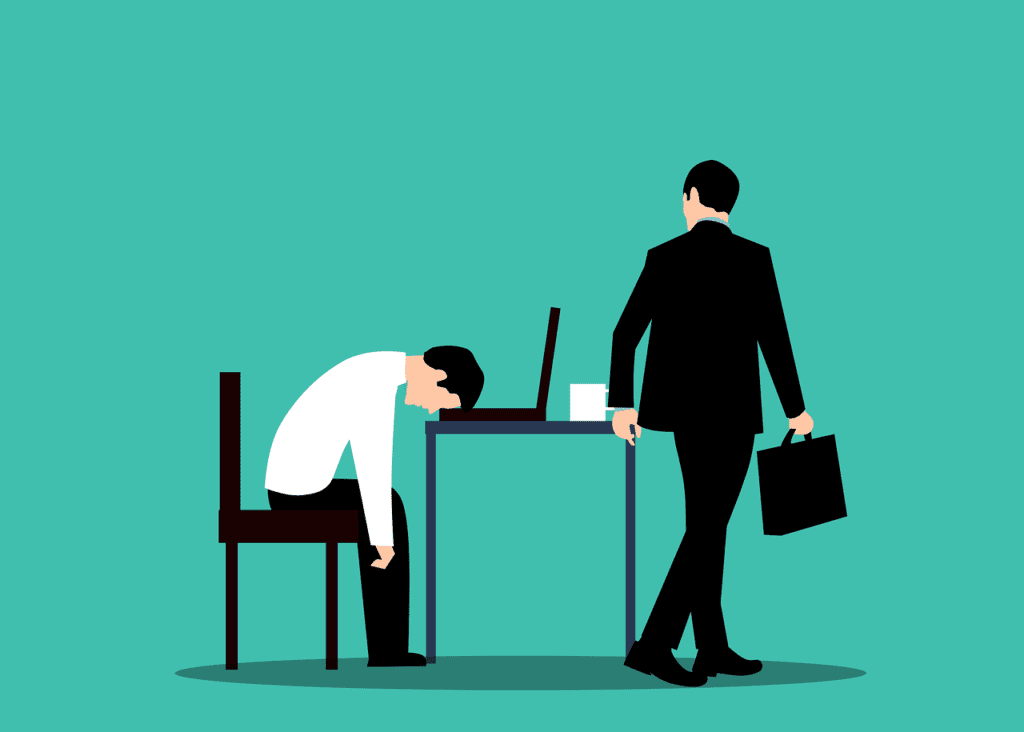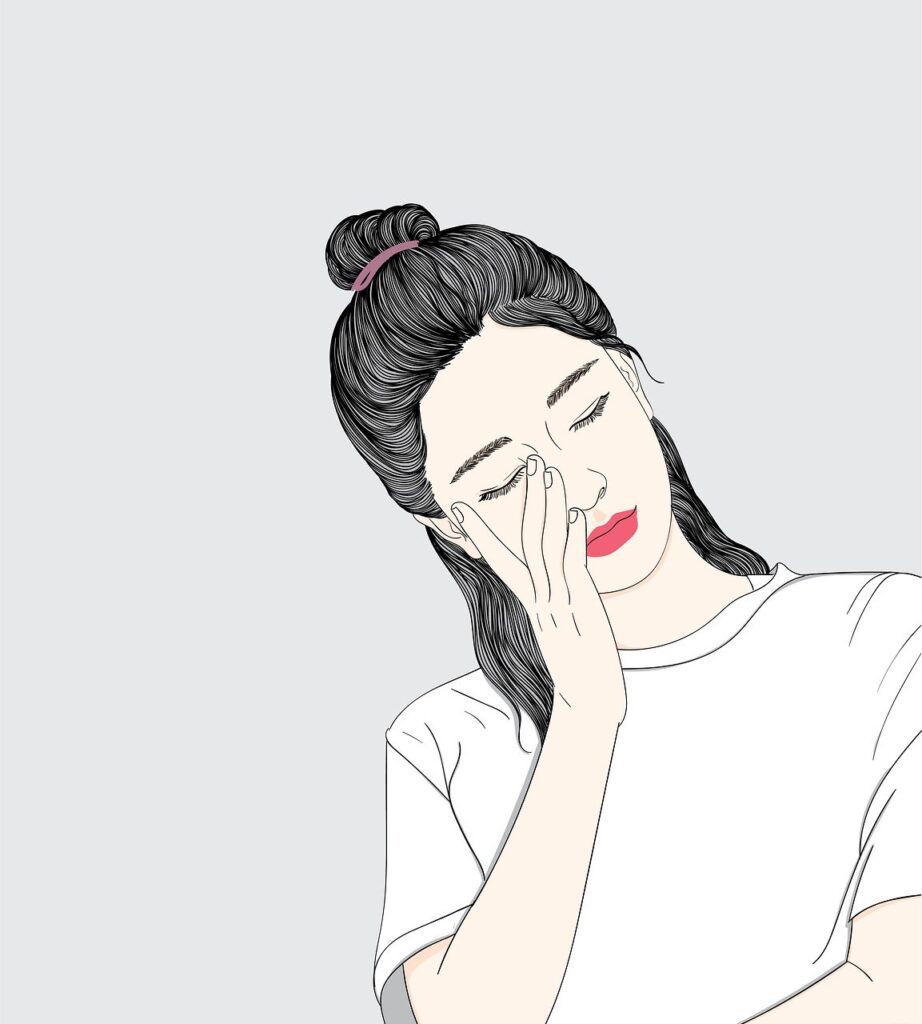20 Best Ways to Relieve Stress

Introduction
20 Best Ways to Relieve Stress are in one way or another part and parcel of life, however, it is important that stress is well handled. Thus, in this ultimate selection of ways to reduce stress, we list the physical methods, mental techniques, and even life stance.
Understanding Stress: Stress Buster Solutions: 20 Top Tips
It is important that we need to know some of the most common Types of stress; Acute stress, Chronic stress, Episodic acute stress, its Signs, Symptoms, Physical and mental effects, before repeating 20 Best Ways to Relieve Stress-relief techniques.
Identifying Stressors
Knowing the 20 Best ways to relieve stress and Stress triggers is a very important process in stress management. Taking an overview of routine stress and learning how to perform a stress audit can be found in this part.
Physical Activities to Reduce Stress
Exercise is one of the most potent 20 Best Ways to Relieve Stress remedies. Read on to learn how some kinds of physical activities help ease stress and to get useful recommendations on how to fit the beneficial movement into your day.
Mind-Body Techniques
Meditation and mindfulness are some of the most effective anti-stress techniques that have been identified today. 50 Ways to Reduce Stress in Your Life and the 20 Best Ways to Relieve Stress provide you with these mind-body approaches and explain how you can incorporate yoga in stress-reduction.
Breathing Exercises
The second one is closely related to the first; nevertheless, deep breathing is considered one of the key points in the process of stress reduction. 20 Best Ways to Stress: Learn ways to relieve stress and make sure that such techniques are incorporated in the daily plan.
Nutritional Strategies
Find out that Getting Rid of Stress: 20 Proven Methods includes such sections as Stress-Reducing Foods and Water: Utah State University. This is explained by the guide in relation to achieving a recommended daily nutritional intake for your benefit.
Quality Sleep
Thus, it is necessary to point out that 20 Best Ways to Relieve Stress cannot work without proper sleep schedule. Browse for information on how to enhance sleep as well as learn about the effect of sleep on stress.
Time Management
20 Best Ways to Relieve Stress one of the causes of stress that is totally recognisable is the poor time management. Some of the issues covered in the context include approaches to dealing with time management, scheduling, and organisation with the aim of increasing productivity and reducing stress.
Social Connections
20 Best Ways to Relieve Stress The first step in readiness to buoy up a man against stress is to ensure he has a strong social community to turn to. In this case, we look at how social relations have a positive influence on psychological health.
Hobbies and Recreation
One way is to make sure one does things that are fun, as this creates a natural reaction of minimizing stress. Learn more about how hobbies and recreation part play in a healthy and a stress-free society.
Cognitive-behavioural techniques
Discuss the concepts of stress and its measurement; stress-management strategies such as changing the way one thinks about a stressor and hoping for the best, worst, and most likely outcomes.
Professional Help
Sometimes one does not have a choice but to ask for professional assistance. I observe the topic concerning the benefits of therapy or counselling and mental professionals in the field of stress.
Relaxation Techniques
In this section, three techniques of relaxation are described: progressive muscle relaxation, visualisation, and guided imagery, which are important for stress reduction.
Natural Remedies
Find out the calming effects of herbal products and its derivatives, such as supplements, tea, scents and oils. Learn about supplementation that will help improve the programme for stress control.
Workplace Stress Management
Stress at workplace can be mitigated only if there is a balance between the work and family lifestyle. We also share with you tips on how to working environment can be free from stress.
Setting Boundaries
One of the significant and crucial aspects for stress control includes learning to say no or observing a healthy limit. Learn about strengths of one’s own worth, approaches to expressing admiration whereas being limit-setting, and manners that permit one to maintain limit-setting in a powerful and healthy fashion.
Laughter Therapy
Happiness brings in a way a form of reduction of stress. Find out concerning the advantages of the usage of comedies in producing humor in your daily lives and the effects of laughter therapy in reducing stress.
Expressive Writing
One of the major benefits on using journaling as a therapeutic tool is that it helps decompress stress. Learn about the uses of expressive writing in enhancing an individual’s emotional health.



